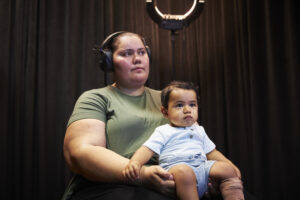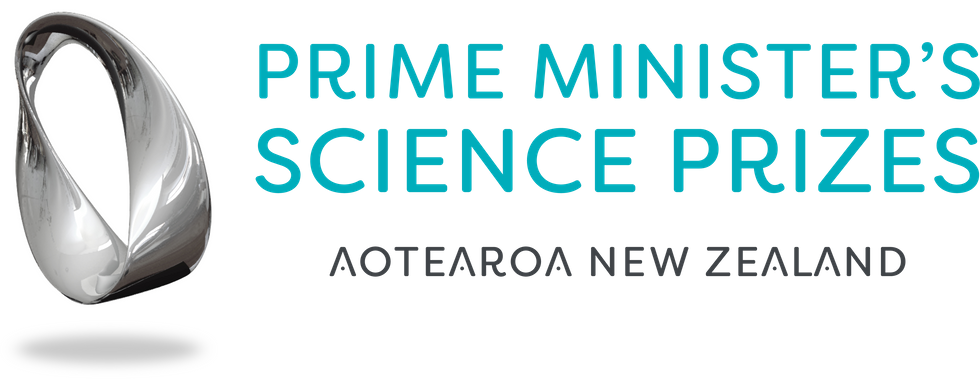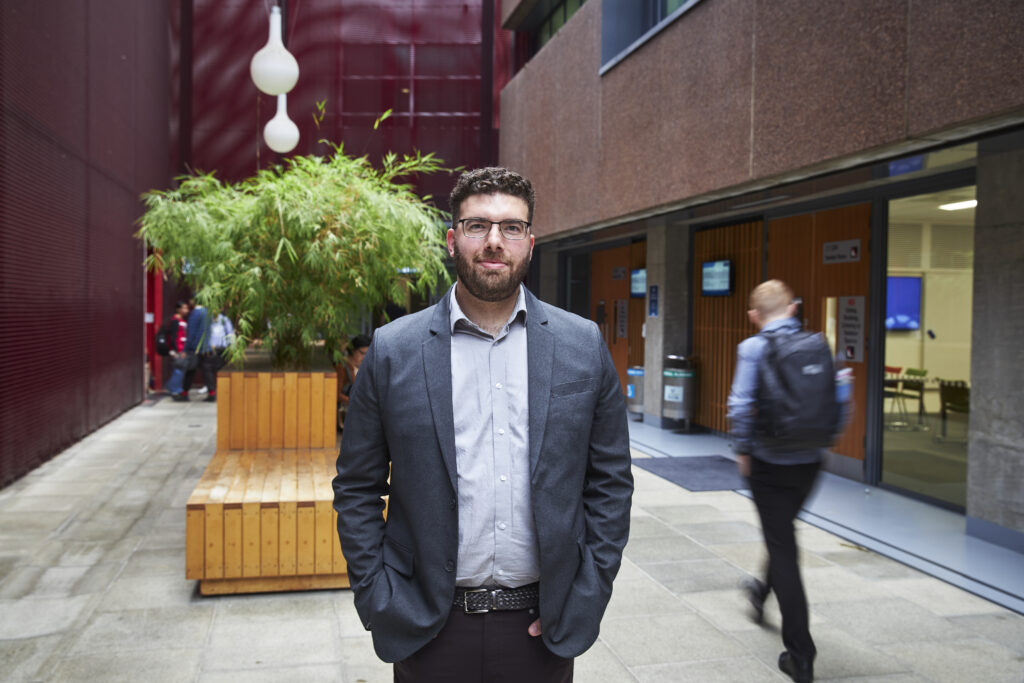2023 WINNER OF TE PUIAKI KAIPŪTAIAO MAEA THE MACDIARMID EMERGING SCIENTIST PRIZE
Dr Samuel Mehr, a lecturer in psychology at the University of Auckland, has been announced as the winner of the Prime Minister’s MacDiarmid Emerging Scientist Prize.
Initially intending to become a music teacher, Samuel studied music education before a course on developmental psychology changed his career track. Now he studies the psychology of music, seeking to understand the cognitive science behind why humans seem built to hear, understand and produce music, regardless of their background or culture.
Read media release about Samuel’s prize
When Samuel started his research, the psychology of music was a tiny field with many basic questions unanswered. To explore potential answers to these questions, Samuel has combined cutting-edge tools and theories from disciplines as diverse as data science, evolutionary anthropology, linguistics, and health research.
One of the tools he developed while at Harvard University is a large-scale citizen science project called the ‘Music Lab’. Samuel has convinced thousands of people to participate in ‘citizen science’ experiments, using online tools to test how people from different cultures around the world respond to music. He has worked with parents to discover how their infants learn about music and is investigating whether music can be beneficial for patients in clinical settings. The diversity of participants allows insights into how people from different cultures around the world respond to music and which aspects of musicality are universal.

Sam applies cutting-edge tools from multiple disciplines to address the most important basic and applied questions in the cognitive science of music. These questions are varied, ranging from the nature and design of human psychology, as it pertains to music perception and production across the lifespan; to the neurogenetic bases for the psychology of music; to the interplay of nature and nurture as they shape the development of music perception across ages and across cultures; to the evolution of musicality; to improving health outcomes via music interventions. Nearly every human on the planet is interested in music, and probably engages with music regularly, regardless of cultural background, location, or socioeconomic status.
Sam communicates his research to the world in a variety of ways. In his five year post-PhD research experiences he has published 32 peer-reviewed articles as first/last author on 75% of them. These papers have been highly cited. Sam’s science features more broadly though and he has recently featured on TVNZ’s Breakfast, RNZ’s Saturday Morning with Kim Hill, and Māori+ TV. The public communication goes hand-in-hand with Sam’s team citizen-science projects.
Moving to New Zealand in 2016, Samuel’s lab carries out psychological testing on infants in Aotearoa to understand how they respond to music. His team is currently studying whether infants whose parents sing more to them are calmer and more relaxed. Samuel can envisage many ways that music could be used to improve health across the lifespan, from infancy to elder care.
The experts on the selection panel for this Prize commended Samuel’s track-record of publishing his results in high-impact journals, and his strong commitment to interdisciplinary research, science communication and international collaborations.





